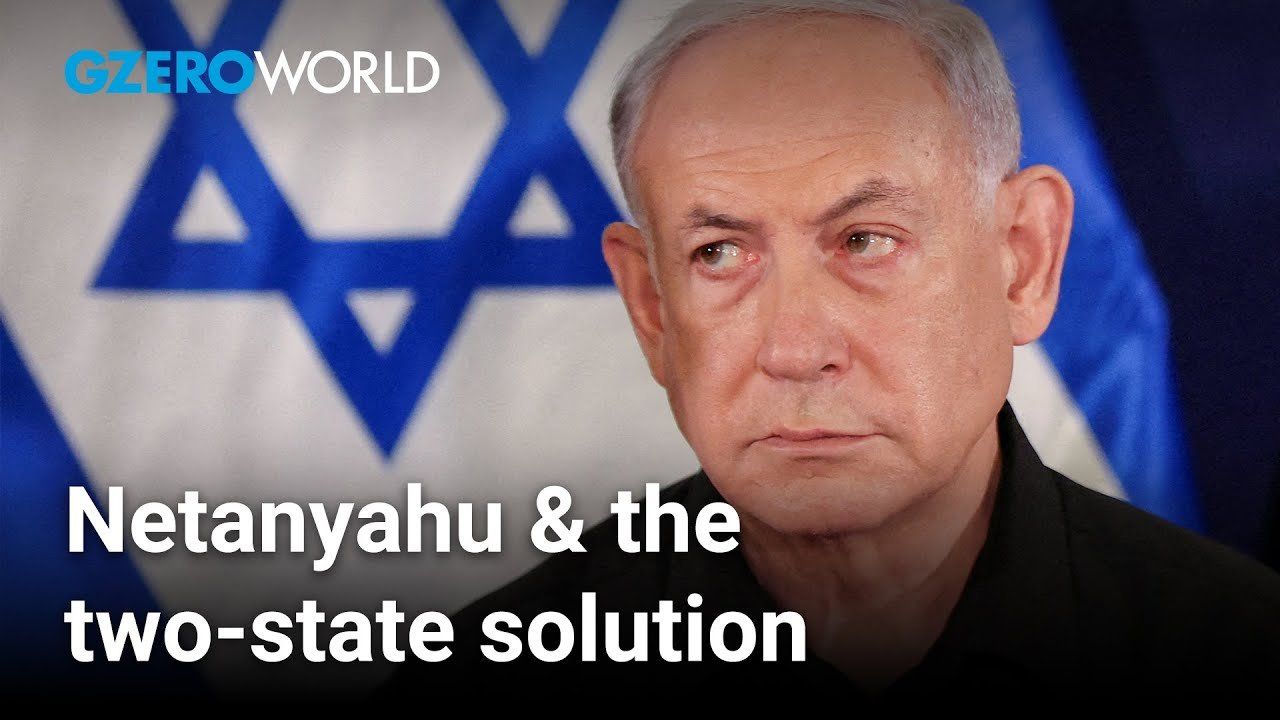GZERO World Clips
How Netanyahu used Hamas to avoid talks of a two-state solution

How Netanyahu used Hamas to avoid talks of a two-state solution | GZERO World

Israel’s government doesn’t want a two-state solution with Palestine, according to the former prime minister.
On GZERO World, Ian Bremmer sits down with former Prime Minister of Israel Ehud Barak to discuss the ongoing war between Israel and Hamas and the possibility of a two-state solution. Barak was part of the 2000 Camp David negotiations, and came closer than any other Israeli leader to securing peace, though ultimately failed. Barak’s belief is that current Israeli government–headed by his perennial rival Prime Minister Benjamin Netanyahu–makes the dream of a lasting peace even more distant.
“If your conclusion is that Israel is the only or the main responsible for the situation, you're wrong,” Barak tells Bremmer, “But if you mention as a matter of fact that this government doesn't want to see two-state solution, that's objectively accurate.”
Barak thinks Netanyahu’s policies have counterintuitively promoted the idea that Hamas in Gaza is an asset while the Palestinian Authority in the West Bank is a liability, not the other way around, all for political reasons. This dynamic has led to a “poison pill” against any political process, which is now even more difficult to achieve following the October 7th attacks and subsequent invasion.
For many in Iran, it’s a waiting game for how long Ayatollah Khamenei has left to live.
In a 30-minute call on Thursday, President Donald Trump reportedly told Ukrainian President Volodymyr Zelensky he wants to end the war with Russia as soon as possible — aiming for a deal by summer, but ideally within weeks.
Former British ambassador to the U.S. Peter Mandelson leaves his residence after he was released following his arrest by London police on Monday on suspicion of misconduct in public office, following the release of U.S. Justice Department files linked to the late financier and convicted sex offender Jeffrey Epstein, in London, Britain, February 26, 2026.
The ghost of Jeffrey Epstein continues to haunt the world.
Think you know what's going on around the world? Here's your chance to prove it.